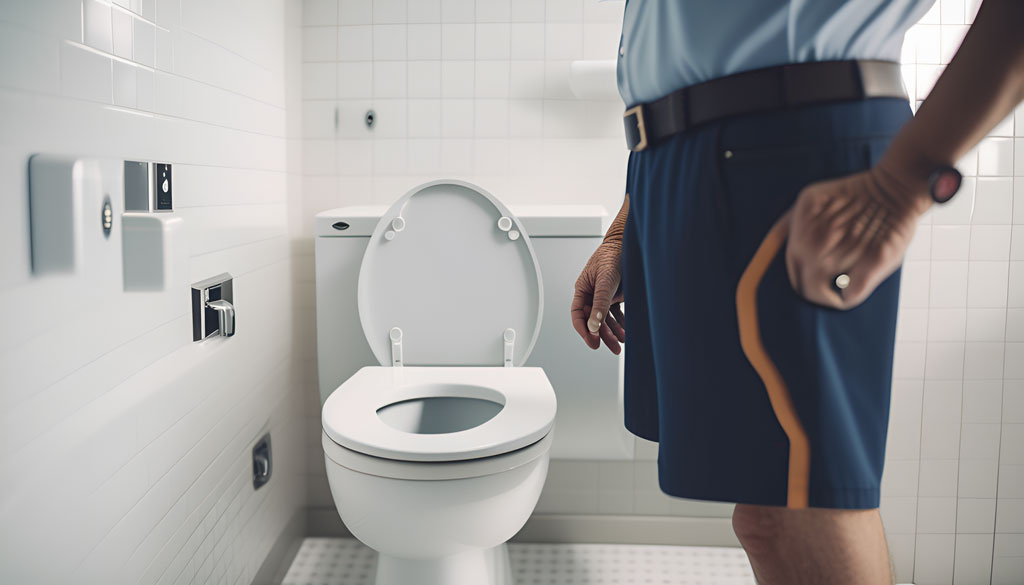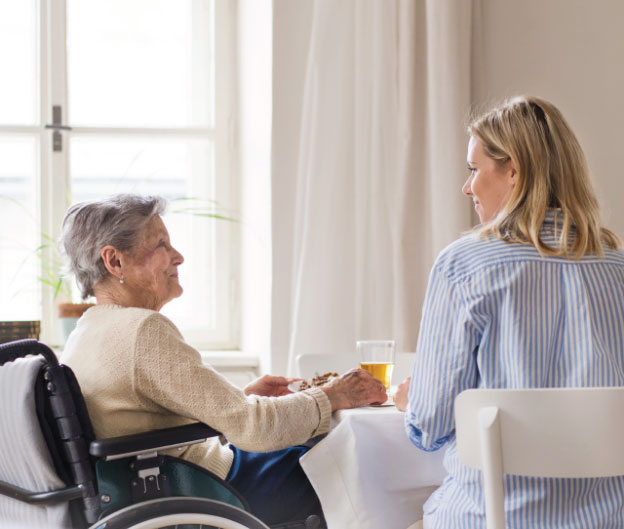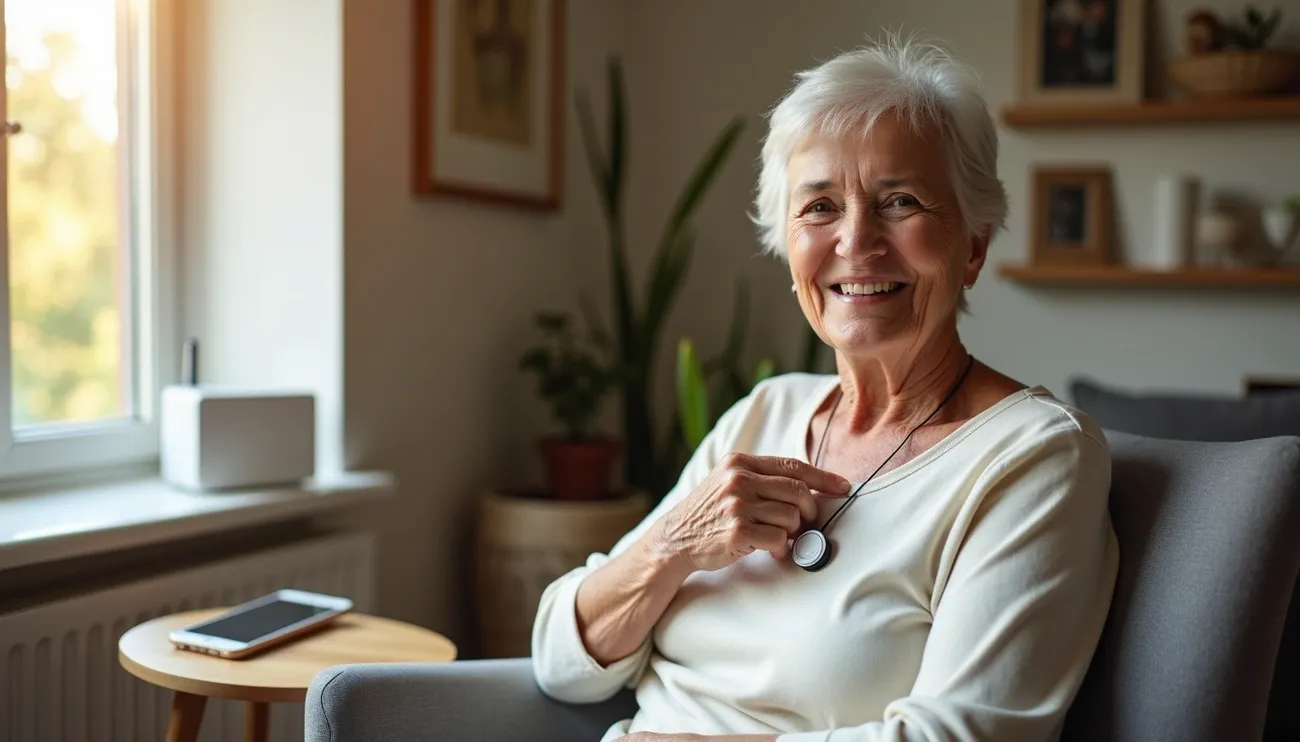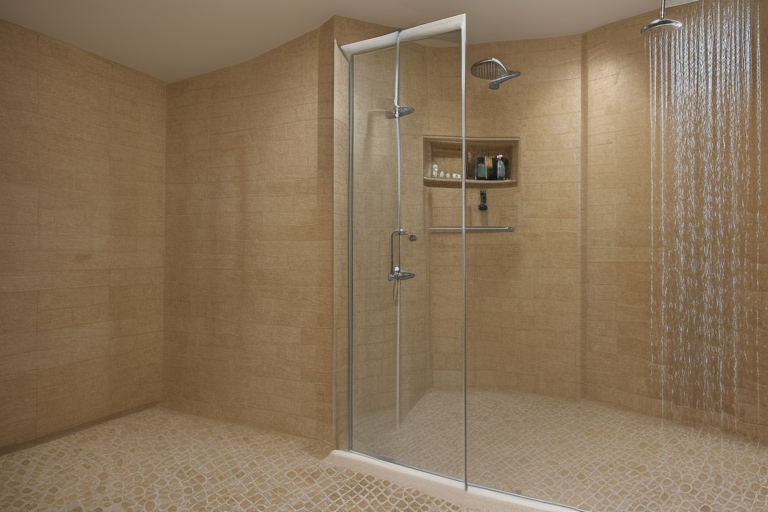Empowering Seniors: How to Transform the Toileting Procedure in Aged Care for a Dignified Experience
Introduction to Toileting Challenges in Aged Care
Toileting is a basic human need that becomes increasingly challenging for the elderly population, especially for those living in aged care facilities. Factors such as mobility issues, cognitive decline, and health conditions contribute to the difficulties faced by seniors during the toileting procedure in aged care. As a result, the process can become an anxiety-inducing and embarrassing experience for residents, as well as a complex and time-consuming task for caregivers.
The impact of inadequate toileting assistance goes beyond the physical discomfort and inconvenience. It can also lead to social isolation, emotional distress, loss of dignity, and a decline in the quality of life for the elderly. Therefore, addressing the toileting challenges in aged care is essential to ensure a dignified and holistic care experience for seniors.
This article will discuss the importance of maintaining dignity and independence in elderly toileting, provide strategies for managing incontinence in elderly, and offer practical tips for empowering seniors during the toileting procedure in aged care. It will also explore various toileting aids and resources available to support caregivers and family members in their role.
Importance of Dignity and Independence in Elderly Toileting
Dignity is a fundamental human right and plays a crucial role in the overall well-being of the elderly. For seniors, maintaining dignity in their daily activities, including toileting, is essential for preserving self-esteem, autonomy, and mental health. A dignified toileting experience enables seniors to feel valued, respected, and in control of their personal hygiene.
Independence is another vital aspect of elderly toileting. The ability to perform toileting tasks with minimal assistance contributes to a sense of autonomy and self-reliance in seniors. This, in turn, promotes confidence, self-worth, and satisfaction with their quality of life.
By ensuring a dignified and independent toileting experience for seniors, aged care facilities can enhance the quality of care provided to residents and foster a supportive, empowering environment that promotes their overall well-being.
Managing Incontinence in Elderly: A Comprehensive Approach
Incontinence is a common issue among the elderly population and can significantly impact their daily lives. Managing incontinence in elderly requires a comprehensive approach that addresses both the physical and emotional aspects of the condition.
Firstly, it is essential to identify the underlying cause of incontinence, such as health conditions, medication side effects, or functional limitations. A thorough assessment by a healthcare professional can help determine the appropriate treatment and management plan tailored to the individual’s needs.
Secondly, implementing preventive strategies, such as regular toileting routines, can help reduce the occurrence of incontinence episodes. Encouraging seniors to maintain a healthy lifestyle, including proper hydration, nutrition, and physical activity, can also contribute to better bladder and bowel control.
Lastly, providing emotional support and reassurance to seniors affected by incontinence can help alleviate feelings of embarrassment, anxiety, and isolation. By fostering a supportive and understanding environment, aged care facilities can empower seniors to manage their incontinence with dignity and confidence.
Assessing the Need for Toileting Assistance in Aged Care
Determining the appropriate level of toileting assistance required for seniors in aged care is crucial for ensuring a dignified and safe toileting experience. A comprehensive assessment should consider the individual’s physical, cognitive, and emotional needs, as well as their personal preferences and cultural background.
Factors to consider when assessing the need for toileting assistance in aged care include:
- Mobility and balance: Assess the senior’s ability to safely transfer to and from the toilet, as well as their capacity to maintain a stable sitting position.
- Strength and dexterity: Evaluate the individual’s capacity to perform tasks such as undressing, wiping, and flushing the toilet.
- Cognitive function: Determine the senior’s ability to understand and follow instructions, as well as their awareness of their toileting needs and routines.
- Emotional well-being: Consider the individual’s feelings of embarrassment, anxiety, or fear related to toileting, as well as their level of comfort with receiving assistance.
Once the assessment is complete, a personalised toileting assistance plan can be developed, outlining the specific support and equipment needed to ensure a dignified and safe toileting experience for the senior.
Toileting Aids for Seniors: An Overview
a. Commodes
Commodes are portable toilet chairs designed to provide a convenient and safe toileting solution for seniors with mobility or balance issues. They can be used in various settings, such as the bedroom or living area, and can be easily transported and cleaned. Commodes come in various styles, including bedside commodes, shower commodes, and drop-arm commodes, to cater to the diverse needs and preferences of seniors.
b. Adjustable Toilet Seat Raisers
Adjustable toilet seat raisers, also known as raised toilet seats, are designed to elevate the height of the toilet seat, making it easier for seniors to sit and stand without straining their joints or muscles. These devices can be securely attached to the existing toilet seat and are available in various heights and designs, including models with or without armrests.
c. Toilet Surrounds
Toilet surrounds, also known as toilet safety frames or grab bars, provide additional support and stability for seniors during the toileting procedure. These devices can be installed around the toilet or attached to the walls, offering seniors a secure handhold to assist with balance and transfers. Toilet surrounds are available in various styles, materials, and configurations to suit the individual’s needs and preferences.
Strategies for Empowering Seniors During the Toileting Procedure in aged care
Empowering seniors during the toileting procedure in aged care involves promoting dignity, independence, and autonomy while ensuring their safety and comfort. Some practical strategies for achieving this goal include:
- Offering choices: Encourage seniors to make decisions about their toileting routines, equipment, and preferences, reinforcing their sense of control and autonomy.
- Respecting privacy: Provide a private and secure environment for toileting, and ensure that personal boundaries are respected during the assistance process.
- Encouraging self-reliance: Support seniors in performing as much of the toileting tasks as they can independently, gradually building their confidence and abilities.
- Providing adaptive equipment: Offer a range of toileting aids to suit the individual’s needs and preferences, enabling them to maintain their dignity and independence during the process.
- Offering emotional support: Be understanding, empathetic, and patient during the toileting procedure, reassuring seniors and alleviating their concerns or anxieties.
Communication and Empathy in Providing Assistance with Toileting
Effective communication and empathy are essential when providing assistance with toileting to seniors in aged care. Caregivers and family members should:
- Listen actively to the senior’s needs, concerns, and preferences, ensuring they feel heard and understood.
- Use clear, simple, and respectful language to explain the toileting procedure and the assistance provided, avoiding any patronising or infantilising tone.
- Be sensitive to the individual’s emotions, offering reassurance, and validation to alleviate their anxieties or embarrassment.
- Encourage open dialogue about the senior’s toileting experiences, inviting feedback and suggestions for improvement.
- Demonstrate empathy and understanding by acknowledging the challenges faced by seniors during the toileting process, and expressing genuine care and concern for their well-being.
The Role of Caregivers and Family Members in Elderly Toileting
Caregivers and family members play a crucial role in supporting elderly toileting, ensuring a dignified, safe, and empowering experience for seniors. Their responsibilities include:
- Assessing the senior’s toileting needs and preferences, and developing a personalised assistance plan.
- Providing physical assistance with toileting tasks, such as transfers, undressing, and wiping, while maintaining the individual’s dignity and privacy.
- Offering emotional support and reassurance to seniors during the toileting process, helping them cope with any feelings of embarrassment or anxiety.
- Ensuring the availability and accessibility of appropriate toileting aids and equipment, tailored to the senior’s needs and preferences.
- Continuously monitoring and evaluating the toileting assistance provided, and making adjustments as needed to promote the individual’s comfort, safety, and independence.
Australian Training and Resources for Effective Toileting Assistance in Aged Care
Several Australian organisations and resources can support caregivers and family members in providing effective toileting assistance in aged care. These include:
- Aged Care Quality and Safety Commission: The commission offers guidelines, resources, and training opportunities to support aged care providers in delivering high-quality, person-centred care, including toileting assistance.
- https://www.agedcarequality.gov.au/resource-library
- Dementia Australia: This organisation provides education and resources on dementia care, including strategies for managing incontinence and promoting dignity and independence in toileting for seniors with cognitive impairment.
- https://dementia.org.au
- Continence Foundation of Australia: The foundation offers information, resources, and training opportunities on incontinence management and toileting assistance for seniors, caregivers, and healthcare professionals.
- https://continence.org.au
- Carers Australia: This national organisation supports family carers, including those assisting seniors with toileting, through information, resources, and advocacy.
- https://carersaustralia.com.au
By accessing these resources and training opportunities, caregivers and family members can enhance their knowledge and skills in providing dignified and empowering toileting assistance to seniors in aged care.
Conclusion: Transforming the Toileting Experience for Seniors
Toileting is a fundamental human need that should be met with dignity, respect, and autonomy for seniors in aged care. By understanding the challenges faced by the elderly during the toileting procedure, and implementing strategies and resources to promote their independence, caregivers and family members can transform the toileting experience for seniors into an empowering and dignified aspect of their daily lives.
By fostering a supportive and empathetic environment, and offering appropriate toileting aids and assistance, aged care facilities can ensure that seniors maintain their dignity, self-esteem, and overall well-being. Through ongoing education, training, and collaboration, the aged care community can continue to enhance the quality of care provided to seniors, making the toileting procedure a dignified and empowering experience for all.










